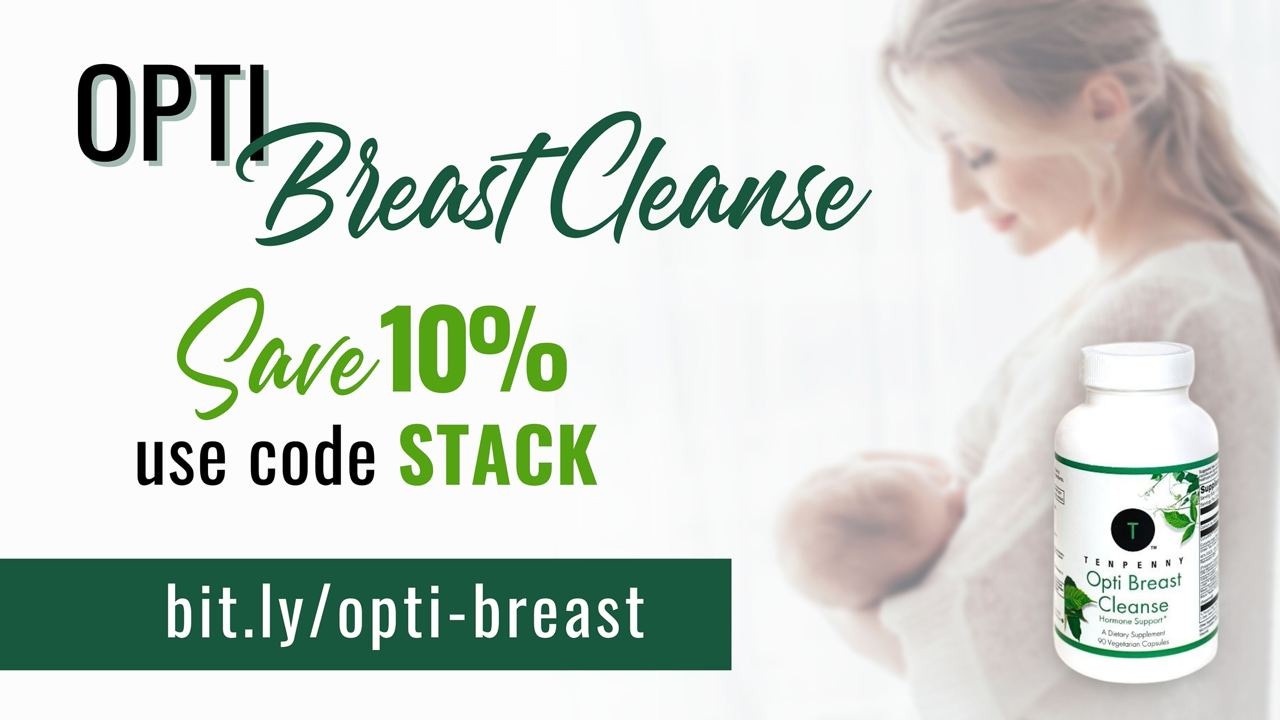I was also going to put together a really hefty 3-4 hour breast health webinar. But I just don’t have the energy to do it. Maybe later.
Then, I wasn’t going to write about breast health during October because everyone is “aware” of breast cancer AND during this month, so many things you will read and listen to will be overwhelmingly focused on the topic.
But I stumbled across an article while researching something else. It is interesting premise, and I wanted to bring it to your attention.
Several observational studies have demonstrated that women who exercise have a lower risk of developing breast cancer compared against sedentary women.
While the original article is from 2005, I have updated the stats to make it relevant.
Breast cancer is the most frequently diagnosed cancer among American women, and incidence rates continue to rise. According to the American Cancer Society, in 2022, approximately 287,000 new invasive breast cancers and 51,400 cases of DCIS were diagnosed among US women, and approximately 43,000 women died from breast cancer.
Although advances in treatment, including the often overly aggressive (and unnecessary) therapies for DCIS, have led to longer-term survival, the newest drug therapies are costly, are associated with significant side effects, and may benefit only subsets of those with breast cancer. Alternative approaches to true prevention are needed to diminish morbidity, mortality, and cost.
Multiple studies over the past 20 years have demonstrated that women who exercise regularly have a decreased risk of developing breast cancer compared with sedentary women. This association has been observed in various racial/ethnic minorities and non-Hispanic white women. Findings from the Nurses' Health Cohort Study and the Health, Eating, Activity, and Lifestyle Studies also showed that physically active women who had been diagnosed with breast cancer were at lower risk of recurrence and death.
BIOLOGICAL MECHANISMS
A possible biological mechanism for why physical activity lowers breast cancer risk is that body fat may play an important role. Maintaining a normal body weight throughout a woman's adult years is one of the few modifiable risk factors for breast cancer with a twist: obesity has a protective effect against breast cancer in premenopausal women but is associated with increased risk in postmenopausal women.
The primary rationale for this difference is that as a woman trends into menopause, adipose tissue retains estrogens (estradiol, free estradiol, and estrone) and environmental xenoestrogens. When she is no longer cycling, she stops producing protective progesterone. The stored estrogen is unopposed (no progesterone), increasing the risk of breast cancer. Further, some studies suggest that women who gain weight after they have been diagnosed with breast cancer, regardless of menopausal status, are at increased risk for breast cancer recurrence and death.
Exercise may have a positive effect for several reasons. Exercise can help with weight control. Being active lowers blood estrogen levels. Women with lower estrogen levels have a lower risk of breast cancer. Additionally, exercise may boost the body’s natural killer cells (NK cells) to eliminate abnormal cell growth when identified.
Another effect of exercise is that it lowers insulin levels. Higher insulin levels have been associated with a 2-3 times higher risk of recurrence. Elevated insulin levels and insulin resistance can stimulate the growth of cancer cells, including pancreatic cancer cells and their likely precursors. In addition to pancreatic cancer, people with hyperinsulinemia also have an increased risk of breast, colorectal, prostate, endometrial, liver, and ovarian cancers.
This brings up an interesting premise: can ECP therapy offer a level of breast or other types of cancer protection?
While I could find no published research on this topic (has it even been studied?) here are a few of the known benefits of ECP:
A randomized controlled ECP trial of 30 patients with type 2 diabetes showed a reduction in fasting glucose level, two‐hour post‐prandial glucose level, and glycosylated hemoglobin levels (HbA1C) compared with baseline before the 35 ECP treatments. The blood work differences could be seen as soon as 48 hours after the first session. ECP decreased HbA1C, inflammatory markers, and oxidative stress (by increasing nitric oxide) that persisted for at least six months following treatment.
Lowering these parameters also lowers the risk of breast cancer. Hmm.
While finding time to exercise can be challenging, particularly if you’re not in love with going to the gym or working out, here is a list from the Komen Institute that can add more activity to your daily life (I use several of these every day):
Use stairs rather than elevators, especially for only 1-2 floors.
Walk or use a bike instead of driving to your neighbor’s house.
Rather than repeatedly circling the lot, park farther away from the store.
Take your pet for a 20-minute walk.
Exercise at lunch or use the break to stretch.
Plan activities such as hiking, canoeing, or using a jet ski on water vacations instead of only sitting at the pool.
Keep track of your steps with a low EMF wearable device.
Use a stationary bike, rowing machine, or treadmill while watching TV.
If this form of passive exercise interests you, call Tenpenny Health Restoration Center in Ohio (35% of our patients are from out of state). Or call ECP studio if you’re closer to California. There are many other reasons you’ll be glad you did!! And while you are on the sites, be sure to sign up for our FREE newsletter that goes out every two weeks.






I’ve been diagnosed with breast cancer twice. Originally 14 years ago at stage 2, then in 2019 it came back as stage 4. I’m on a drug that is a low dose chemo and has worked to keep me clear, and I have no side effects from it except for some hair thinning. But I also started working out regularly with that last diagnosis. I hike daily for about a mile and a half, then either swim or stationary bike. I get my 8,000-10,000 steps in and work off the calories. I’m post menopausal so keeping active is so important. I also feel thst the second diagnosis was due to my emotional state. I totally believe our repressed anger or depression can lead to a cancer diagnosis. I rid myself of the stressors (sold a business) causing me to be angry and depressed and I feel fantastic! I firmly believe the cancer will not return. Attitude is key as well as gratitude.
My beautiful mother died of metTNBC five years ago. It was horrific. Despite our wishes she chose chemo and it cost her her life and not one minute of it wasn’t torture. My husband and I were her caregivers and saw it all. There were a couple of absolute miracles along the way (truly the hand of God) and when she died we knew that it was her pre-appointed time.
Here are some things I learned that most people don’t think of (to keep this relatively brief I am not going into the details though I am happy to do so if it helps even one person):
1) before beginning any treatment do a series of colonics; your colon MUST be detoxified, clean of old built up fecal matter, reseeded with healthy bacteria, and functioning properly or nothing will work (we chased constant constipation and the recirculating of toxins until her death)
2) see a biologic dentist, have a CBT to check for cavitations and/or silent infections, and remove ALL root canals, mercury, and metals from the mouth (my mother had a mouth full of root canals which I 100% believe caused her cancer and then wouldn’t allow her body to overcome it)
3) identify deep-rooted/long-standing emotional issues…they will fuel cancer if not outfight be a catalyst for it (my mother was a Dutch WWII survivor whose father was part of the resistance…he was captured and murdered by the Nazis…my mom lived this every day of her life particularly in her sleep)
4) make quality sleep a top priority or, like the constipation/bowel issue, you will remain behind the 8 ball
5) walk…walk…walk every day…you HAVE to keep moving (lowers stress hormones, keeps lymphatic system moving {highly recommend a mini rebounder for daily use}, gets you out in the fresh air and sunshine)
6) ground every day no matter the weather
7) if you’re not in Christ Jesus then turn to Him and embrace Him as your Lord and Savior…the source of your strength…there’s no way forward in life or death without Him